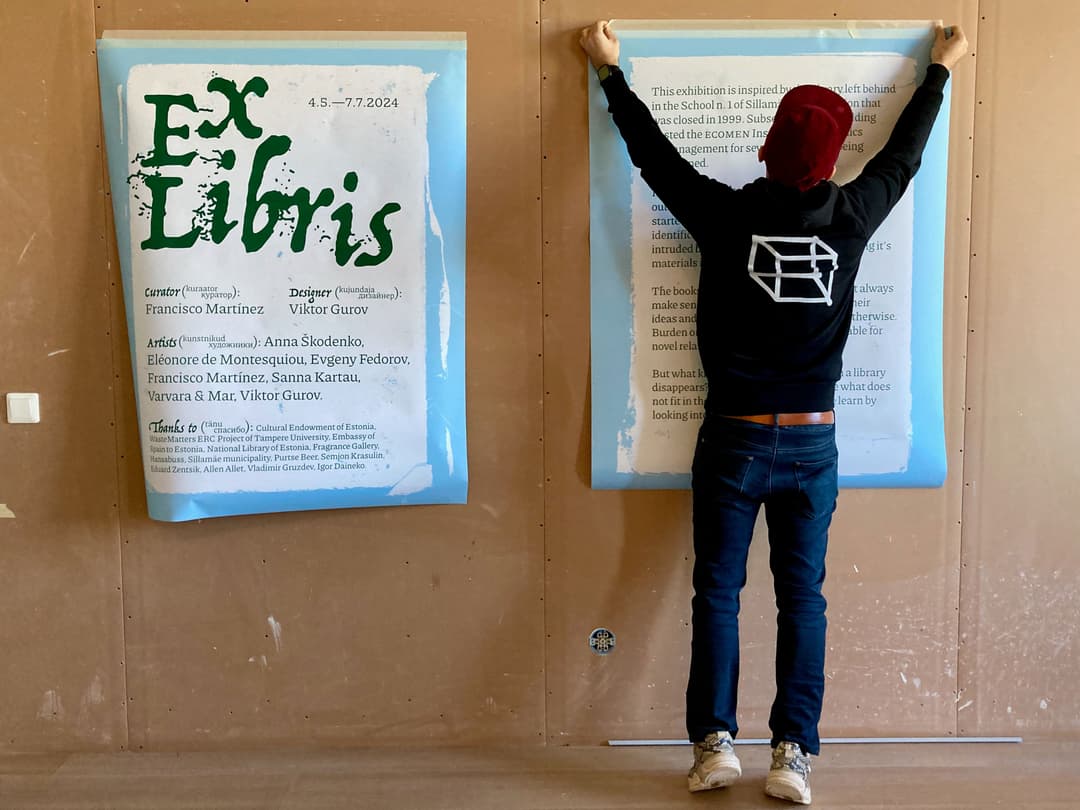
For an Inviting Anthropology, with T.S. Criado & E. Berglund
Journal of the Royal Anthropological Institute 2026
Anthropologists have recently become inspired, captivated even, by the practices of the arts, design, and architecture in efforts to renew anthropology’s modes of engagement and understandings of its relevance, particularly affecting how we approach ethnographic fieldwork.
Having each worked for well over a decade at these crossroads, the authors reflect on a search for anthropological relevance undertaken through collaborative materializations of the field, in situations where anthropologists go beyond gestures of cultural critique and participant observation.
This entails creating hosting environments where our counterparts turn not just into co-researchers or co-thinkers, but also and mainly into ethnographic guests. The idea is familiar in a discipline rooted in forcing uninvited visits on hosts around the world. However, in our socio-material explorations, we envision a different route.
For us, hosting, as a mode of inquiry, provides openings to a more inviting anthropology, involving zones of mutual uncertainty among a multiplicity of actors so as to instil generative puzzlement without imposing our discipline on others. We conclude by making a plea for practising anthropology as a field of invitations in hopes of remaking worlds together with our ethnographic guests.
An inviting anthropology is a mode of inquiry that hosts situations (devices, scenes, and routines), so that ethnographers and counterparts can co‑problematize matters of life not to represent them as finished objects but to make them matter, experimentally, in ways that redistribute who knows and who does. We use “guest” not as a euphemism for research participant but to name a provisional role in the field, whose terms are co‑set, speculative, and revisable. Hosting, in this sense, distributes authorship, responsibility, and the right to refuse.
Quotes:
"To invite is not to usher others into a pre-furnished interior. It is to draw out a novel line of correspondence... The field, then, is not where we arrive but what we set in motion: a field of invitations, sustained by the craft of making room for others to think and act with us.” p.3
“Hosting entails producing a situation for others to enter, more or less frictionally.” p. 10
“An inviting anthropology is a promiscuous practice of ethnographic openings: one engaged in hospitable material transformations that actively suspend existing ways of doing as a way of social inquiry.” p. 13
“The field does not necessarily remain under the host’s control and… the ethnographer might end up, paradoxically, taking the role of the guest.” p. 13
